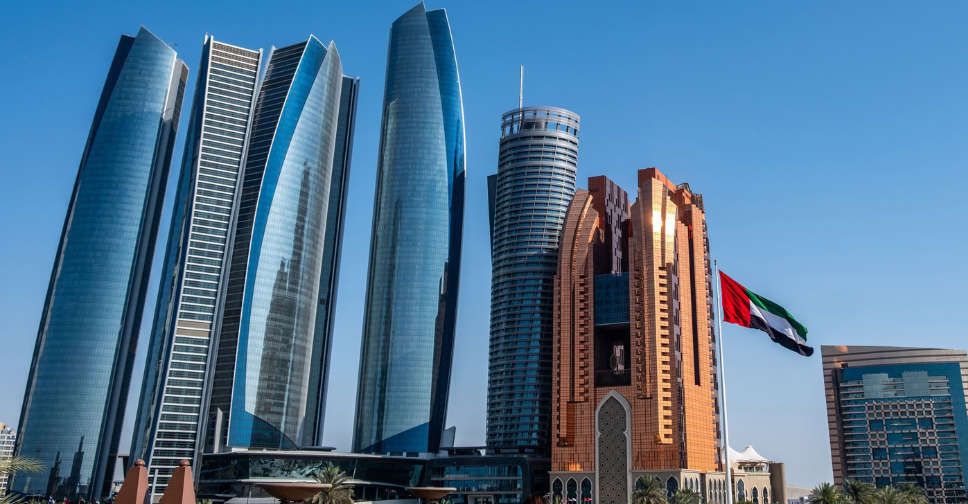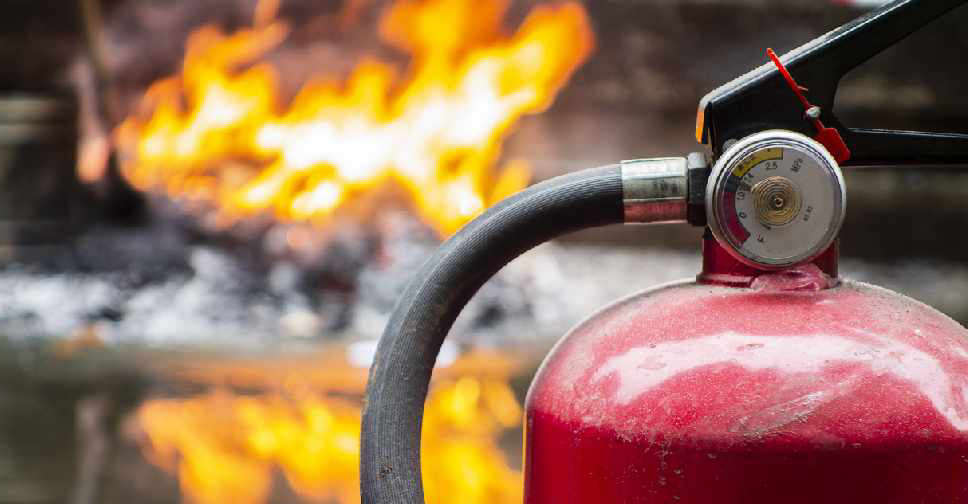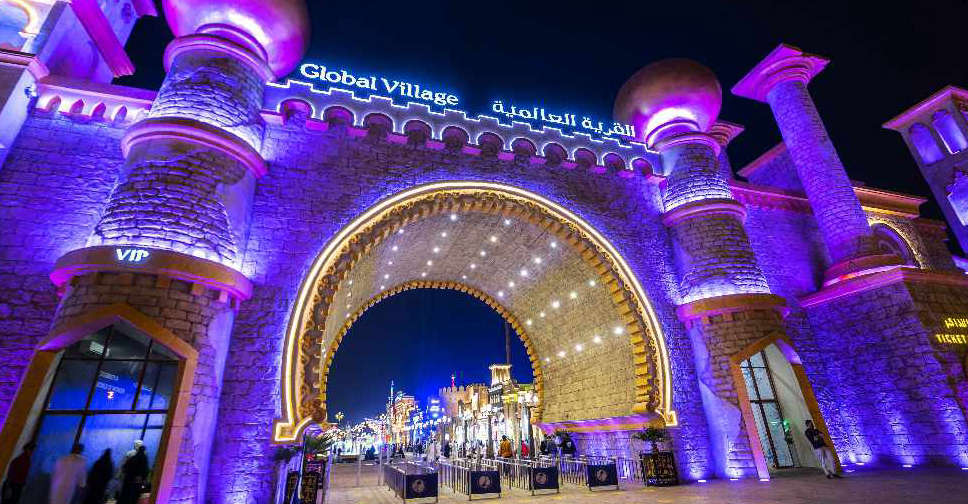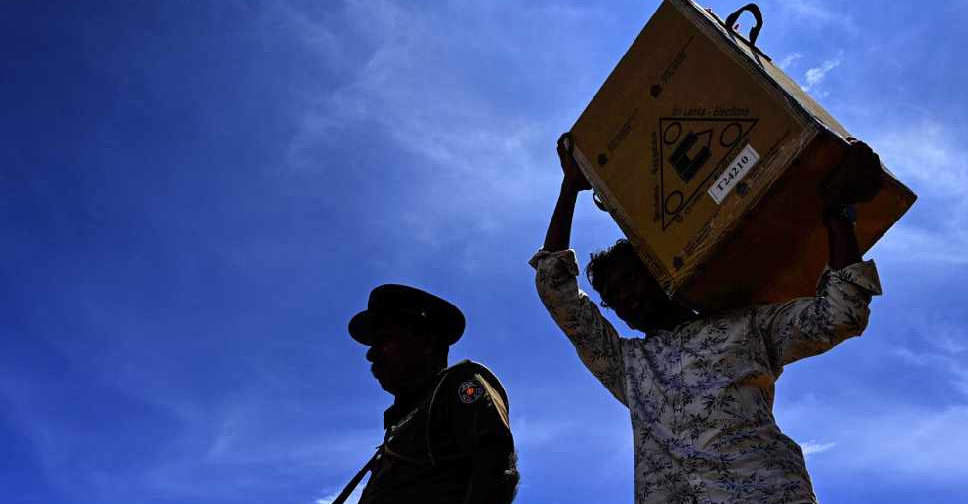
Sri Lankans are headed to the polls to choose a new president, seven months after the devastating Easter Sunday terror attacks.
A total of 35 candidates are vying for the presidential post, but analysts say the fight is mainly between former defence secretary Gotabaya Rajapaksa, who oversaw the military defeat of Tamil separatists 10 years ago, and minister Sajith Premadasa.
President Maithripala Sirisena, however, has decided against running after evidence emerged that he may have disregarded intelligence about the Easter Sunday bombings.
About 16 million people are eligible to vote, with the ballot allowing voters to choose up to three candidates in order of preference.
The results are not expected before Sunday.
Meanwhile, there were reports of violence as gunmen opened fire on a convoy of buses carrying Muslim voters, but police said there were no casualties.


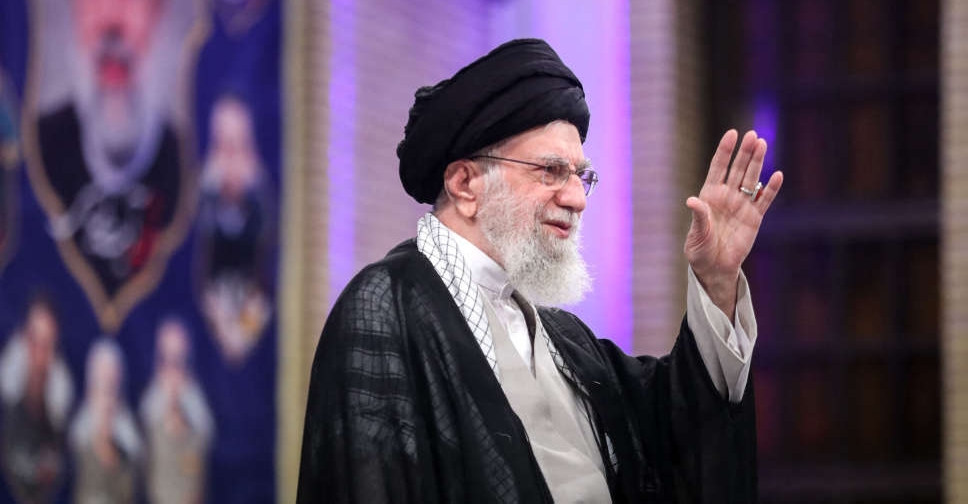 Iran's supreme leader Khamenei killed in US-Israeli strikes
Iran's supreme leader Khamenei killed in US-Israeli strikes
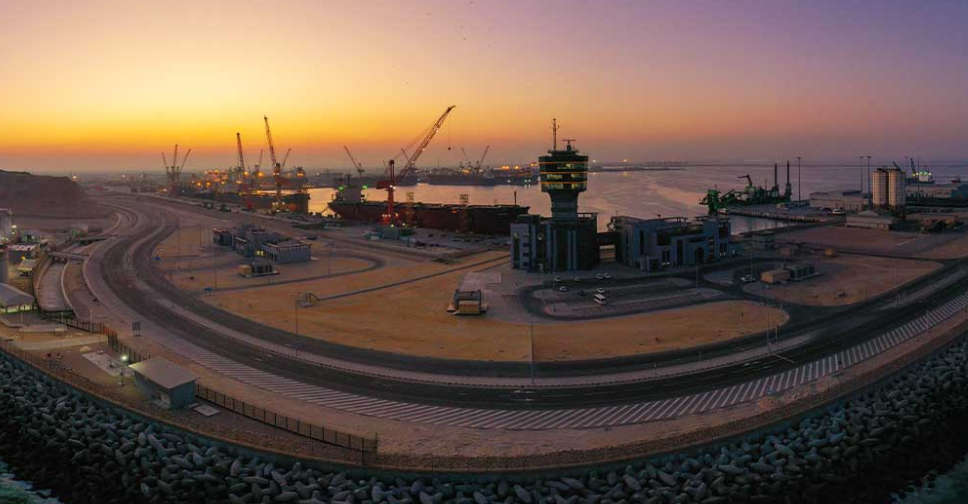 Oman Port targeted by two drones
Oman Port targeted by two drones
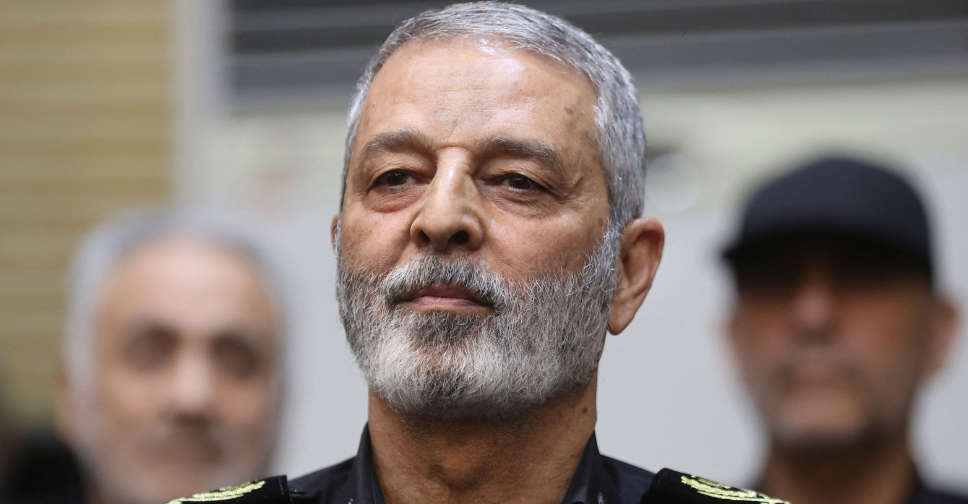 Iran's military chief killed during US-Israeli strikes
Iran's military chief killed during US-Israeli strikes
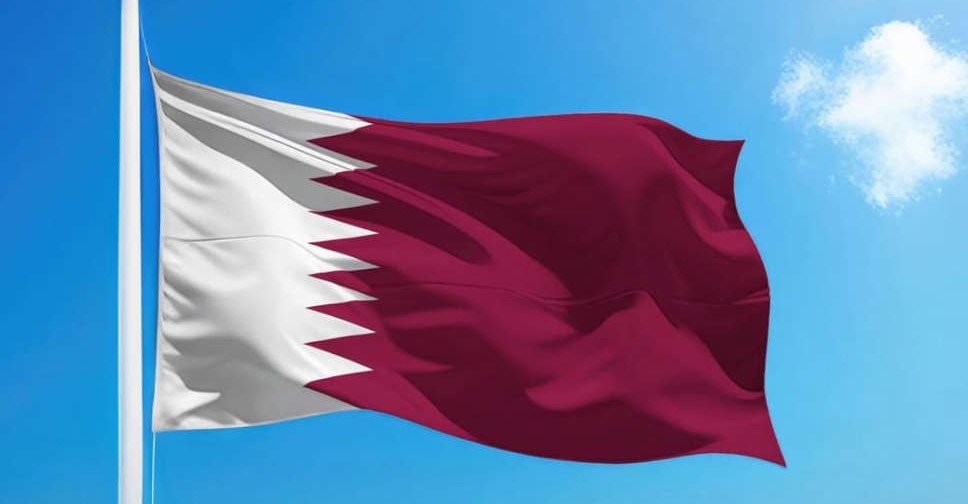 Qatar intercepts 63 Iranian missiles, 11 drones; affirms right to respond
Qatar intercepts 63 Iranian missiles, 11 drones; affirms right to respond
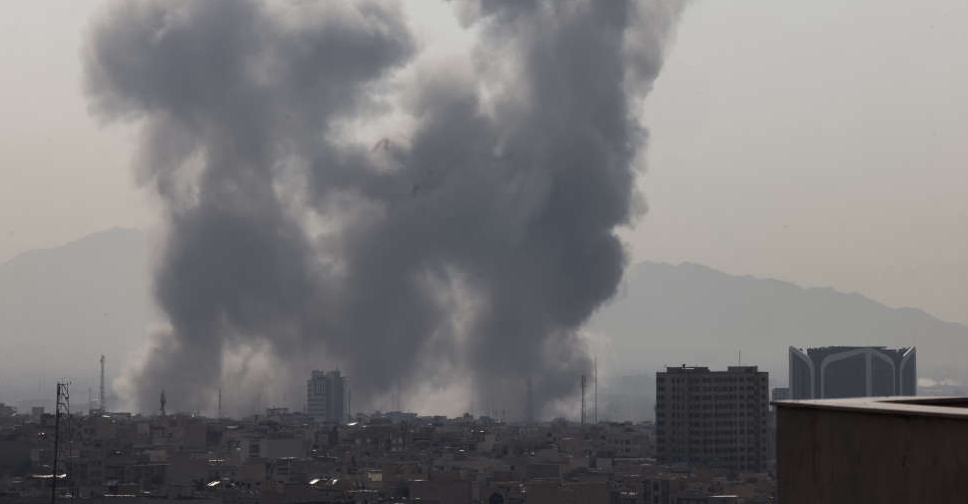 US and Israel launch strikes on Iran
US and Israel launch strikes on Iran
